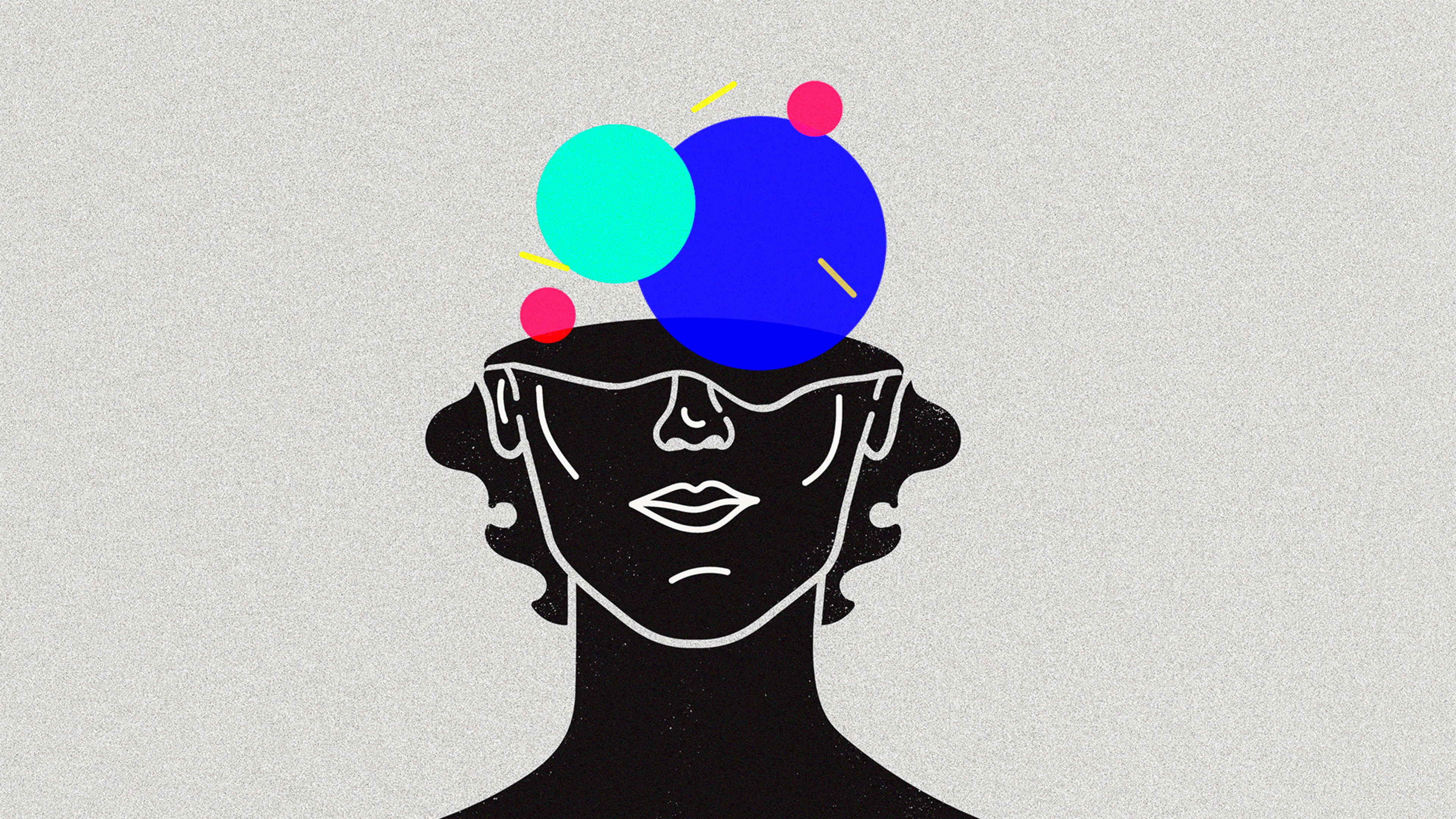Going with your gut is a tactic a lot of us use to make decisions, but have you ever wondered where that intel comes from? Dr. Jim Loehr and Dr. Sheila Ohlsson Walker, coauthors of Wise Decisions: A Science-Based Approach to Making Better Choices, call the inner voice that guides you “YODA,” which stands for Your Own Decision Advisor. Unfortunately, it can feed you bad information.
Outer voices, such as those from parents, teachers, or coaches, often inform your inner voice when you’re a child, and YODA becomes an accumulation of them. Ohlsson Walker, behavioral geneticist and senior scientist at the Institute for Applied Research in Youth at Tufts University, calls it “below-the-radar-screen programming that develops over time.” However, your YODA may not have been properly trained to deliver the best advice.
YODA also likes to soothe your ego by making excuses about past bad decisions. “It’s very disturbing when you realize that our brains are a fiction-making machine,” says Loehr, a performance psychologist and cofounder of the Human Performance Institute. “We make up all kinds of crazy things to help us feel better and to justify the decisions that we’ve made. The inner voice is the one who arbitrates a lot of that maneuvering around the truth, so we have to be very careful. It’s a master storyteller and far more important than you may realize.”
You may think the thoughts going through your mind are inconsequential, but Loehr says the voice that only you hear is the power broker in your life. “We believe that YODA is the one thing that will either make or break your life, in terms of the kinds of decisions that are made,” he says. “We’ve got to equip that private voice with the necessary reference material to make great decisions.”
Train Your Inner Voice
As adults, we have power to shape our inner voices and help them become an inner advocate, rather than an inner adversary. To help, Loehr and Ohlsson Walker outline a seven-lens process for analyzing thoughts and decisions:
- Best Self: Write down words that describe you when you are operating at your absolute best, particularly when you’re under stress. This is who you are most proud of being, such as someone who is empathetic, grateful, and caring.
- Best Moral Self: Write down words that describe your best moral and ethical self. This describes how you treat others, especially during a dilemma.
- Life Purpose: Describe your main reason for living; your purpose in life. For example, you may strive to help others understand and appreciate their own value.
- Tombstone Legacy: This lens describes how you want people to remember you after you’re gone. You may want people to think of you as being kind, courageous, or humble.
- Core Values and Beliefs: Write down your two most important values in life and the two most important beliefs you hold about life. This is how you show up and carry yourself in life, such as acting with honor and character.
- Personal Credo: Create a phrase that will be your roadmap for having a successful life. For example, “I believe that I can do anything I set my mind to doing.”
- Ultimate Mission in Life: Finally, write down the mission you have in life, for which failure is not an option. For example, “I strive to treat everyone with respect.”
Ohlsson Walker says there is a lot of overlap in these in these seven lenses, but when put together, they equip YODA with better tools. “When you don’t get down to elements of who we are and how we want to show up in the world over the long game of life, it’s easy to make impulsive decisions that we just haven’t really unpacked,” she says. “We decide on the fly.”
Emotions and the Inner Voice
Emotions and feelings can also color your inner voice. While they sound similar, they’re quite different, the authors say. Emotions stem from survival-oriented regions of the brain, primarily happening in your amygdala, which regulates the fight-or-flight response. Feelings, however, develop over time from life experience. They are our real-time interpretation of our emotions, shaped by our past. Feelings provide deliberations that can be crucial in making good decisions.
“Neuroscientist Antonio Damasio talks about emotions being the ‘first brain,’” says Ohlsson Walker. “They’re our first source of information that hits us without us even knowing it. The objective is to draw insight and understanding from whatever emotions and related feelings are bubbling up in the moment.”
Emotions and feelings may or may not be rational. When you feel an emotional reaction from your inner voice, ask yourself, “What are my emotions telling me regarding these facts and the decision that I want to make? What’s the chance that my brain is being hijacked?” Then run those thoughts through the seven lenses to find alignment.
For example, if a coworker received the promotion that you wanted, you may experience the emotion of envy. Instead of allowing your emotion to create feelings of resentment for your colleague, rethink the situation. If your Best Self is someone who is caring and your Tombstone Legacy is that you’re humble, you can take control of your inner voice and channel your emotion-driven feelings into a more positive place.
Using lenses and a 360-degree perspective, you can fact check and train your inner voice to make the best possible decisions.
“It’s saying, ‘Wait a minute. Let’s not leave it up to some instinctive process that I’m not even aware of,’” says Loehr. “Instead, be conscious, deliberate, and intentional. Tap into the most noble part of yourself and educate your YODA with all the information it needs so you can have confidence that you’re doing your best.”
Recognize your brand’s excellence by applying to this year’s Brands That Matter Awards before the early-rate deadline, May 3.
